Olympic doping ban looms for Russia after WADA panel ruling
Sat 23 Nov 2019, 17:46:18

The prospect of Russia being banned from next year’s Tokyo Olympics has loomed closer as a World Anti-Doping Agency (WADA) panel recommended the country's drug-testing authority be declared non-compliant with international rules.
In a statement, WADA said on Friday its Compliance Review Committee (CRC) had recommended that the Russian Anti-Doping Agency (RUSADA) be suspended again when the global anti-doping watchdog's Executive Committee meets in Paris on December 9.
If WADA chiefs adopt the recommendation, Russia faces severe sanctions including a possible ban from the 2020 Tokyo Olympics.
The CRC issued its recommendation after asking Russia to explain “inconsistencies” in laboratory data handed over by Moscow to WADA investigators in January.
Full disclosure of data from the Moscow laboratory was a key condition of Russia's controversial reinstatement by WADA in September 2018.
RUSADA had been suspended for nearly three years over revelations of a vast, state-backed doping regime which including a systematic conspiracy to switch tainted samples at the 2014 Sochi Winter Olympics.
WADA had previously warned Russia would face the “most stringent sanctions” if any of the data handed over was found to have been tampered with.
In its Friday statement, WADA said the CRC suggested "serious consequences in line with the International Standard for Code Compliance by Signatories."
The United States Anti-Doping Agency, which was sharply critical of WADA's decision to lift its suspension of reinstate RUSADA, called for a lengthy ban following Friday's announcement.
“Anything less than a four-year sanction for this critical violation that includes aggravating circumstances following years of denial and deceit would be another injustice in a long line of many for clean athletes,” USADA chief executive Travis Tygart said in emailed comments to AFP.
Resigned to ban
Friday's development is the latest twist to a saga which exploded in 2015, when an independent WADA commission investigating allegations of Russian doping said it had found evidence of a vast state-supported conspiracy stretching back years.
A 2016 report by WADA investigator Richard McLaren said more than 1,000
Russian competitors across multiple sports had benefited from the scheme between 2011 and 2015.
Russian competitors across multiple sports had benefited from the scheme between 2011 and 2015.
In an interview with AFP last month, RUSADA's chief Yuri Ganus appeared resigned to Russia being handed an Olympic ban, accusing unidentified Moscow authorities of handing over falsified lab data to WADA.
“Russia's Olympic squad will be prevented from participating fully in the Olympic Games in Tokyo.... I think that this will also happen at the (Winter Olympic) Games in China,” Ganus told AFP.
On Saturday, Ganus said the suspension proposal did not reflect any shortcoming on the part of the agency.
“RUSADA is being issued non-compliance because the compliance decision it was handed in September 2018 was contingent, and to keep it, two demands had to be met. These were met formally but not properly,” Ganus said.
It was not due to “the quality of RUSADA's work,” he said, adding: “It's a purely technical decision... conditions were not met whose implementation was not up to us.”
Russia was already banned from the 2018 Winter Olympics, although some 168 athletes were allowed to compete under a neutral "Olympic Athlete From Russia" designation.
Ganus said he expected a range of other penalties too, including restrictions on holding international tournaments in Russia, exclusion of Russians from international sports federations and fines.
Ganus insisted RUSADA officials had not been responsible for falsifying the data, insisting his staff “had nothing to do with the database and its transfer.”
Russian Sports Minister Pavel Kolobkov later denied the data had been tampered with, stating “nothing was removed” before the cache of information was handed over.
Friday's announcement by WADA came as World Athletics (formerly IAAF), the governing body for track and field, abruptly halted Russia's reinstatement process into the sport.
The World Athletics decision was taken after the president of the Russian athletics federation (RUSAF), Dmitry Shlyakhtin, and other senior officials were suspended for “serious breaches” of anti-doping rulesen.
These charges included provision to an athlete of false explanations and forged documents to explain missed doping tests.
No Comments For This Post, Be first to write a Comment.
Most viewed from Sports
AIMIM News
Latest Urdu News
Most Viewed
May 26, 2020
Which cricket team is your favourite to win the T20 World Cup 2026?
Latest Videos View All
Like Us
Home
About Us
Advertise With Us
All Polls
Epaper Archives
Privacy Policy
Contact Us
Download Etemaad App
© 2026 Etemaad Daily News, All Rights Reserved.

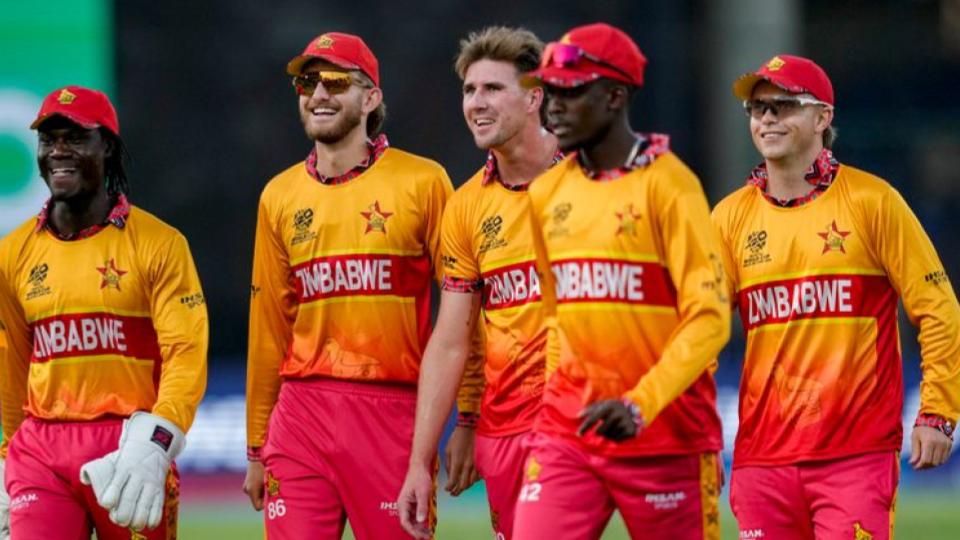
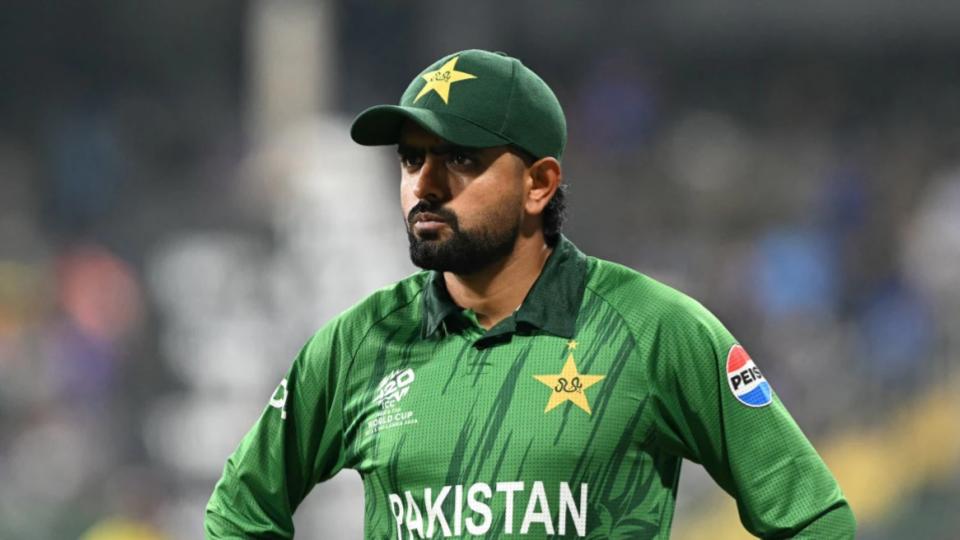
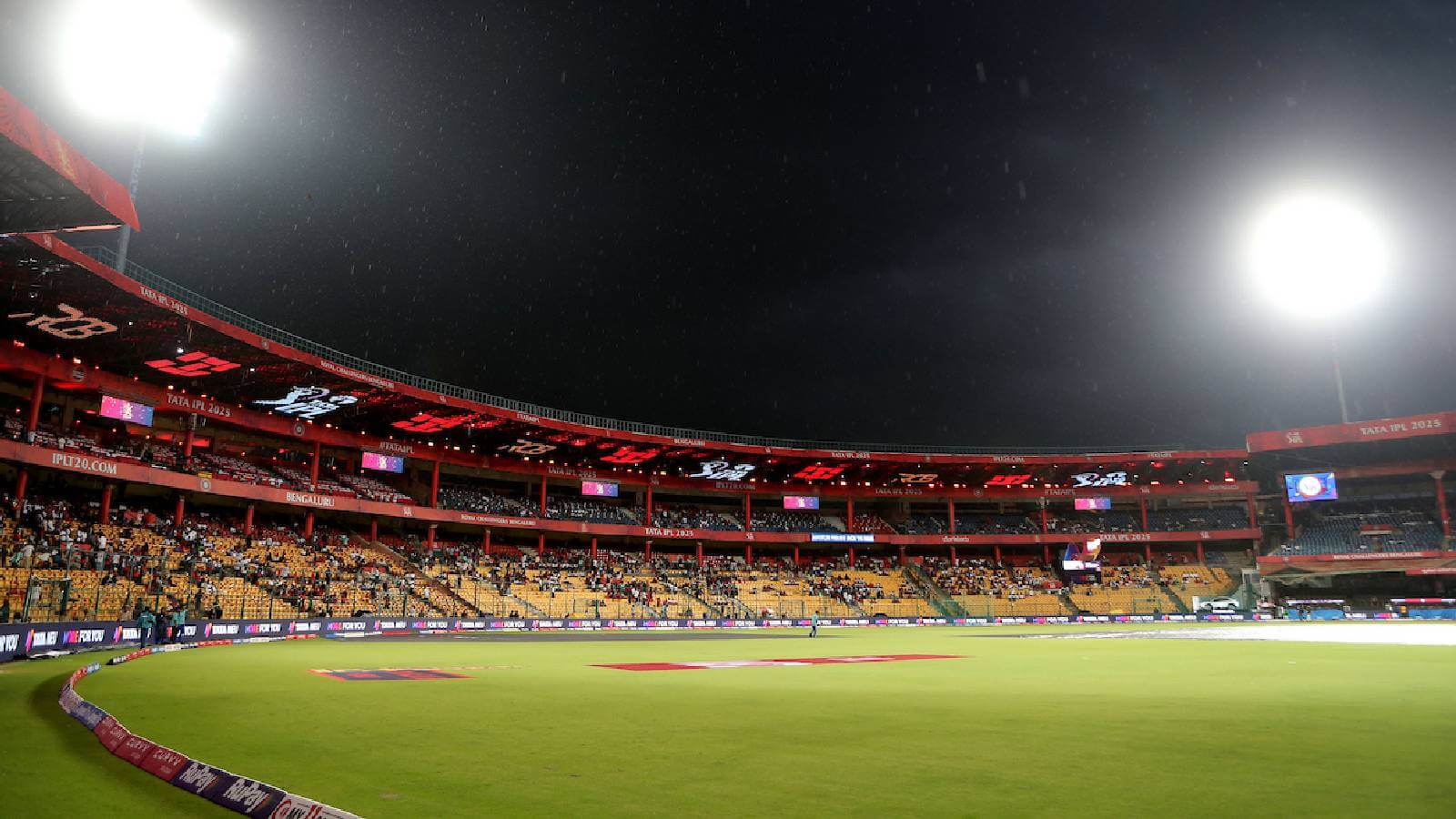
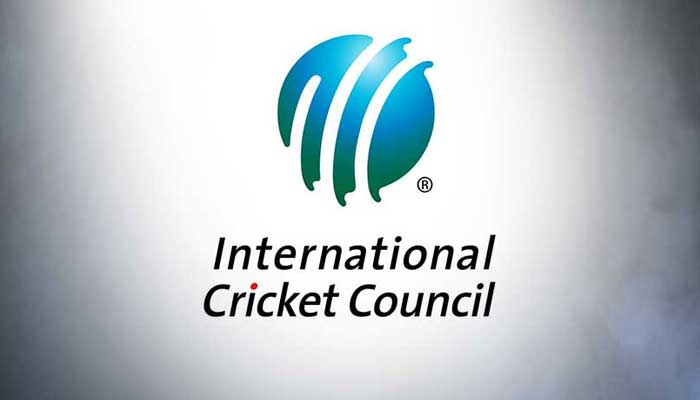
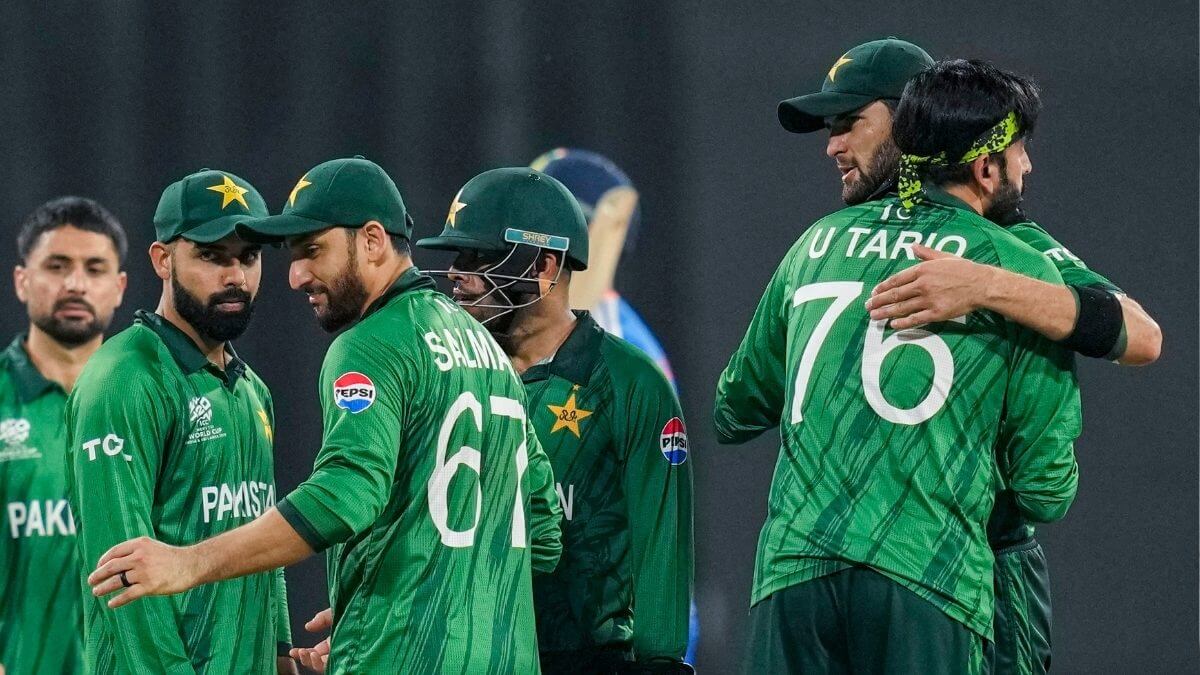
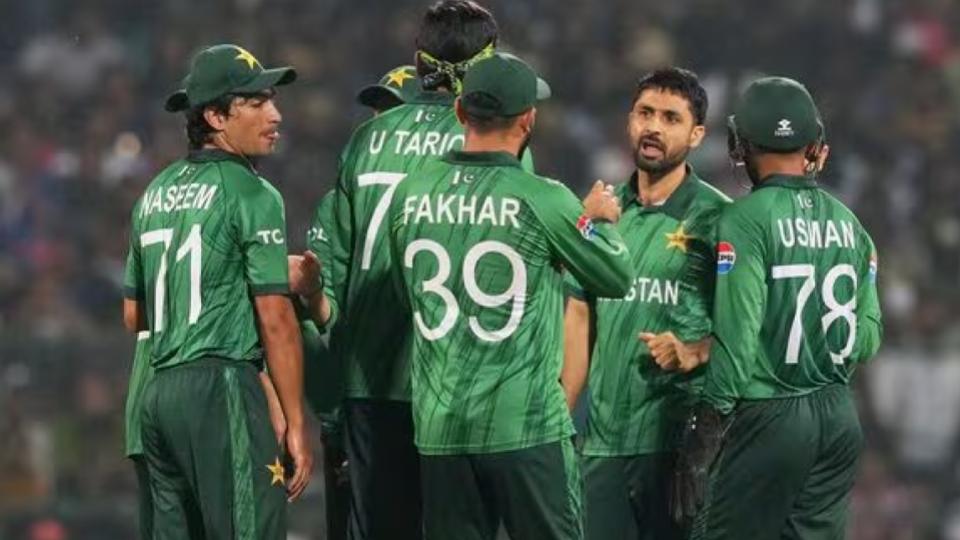
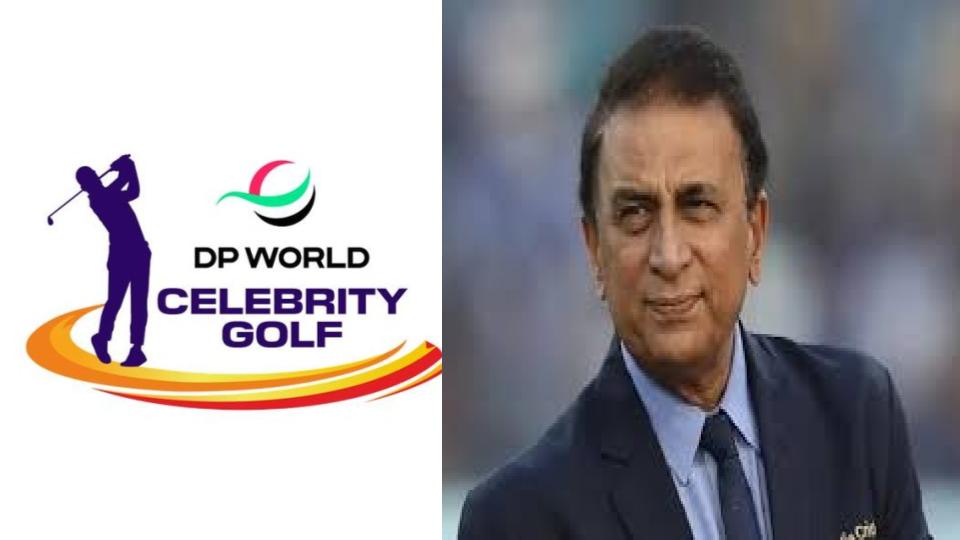
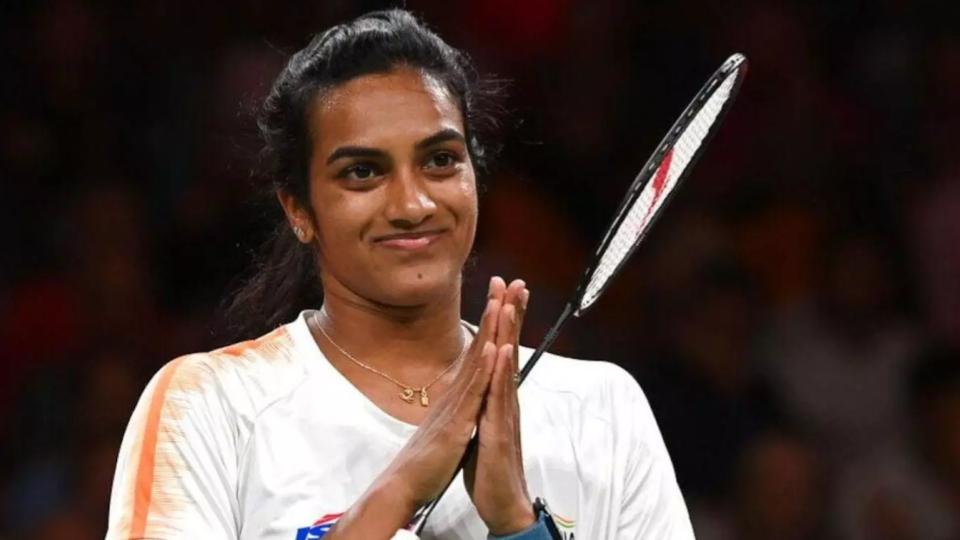
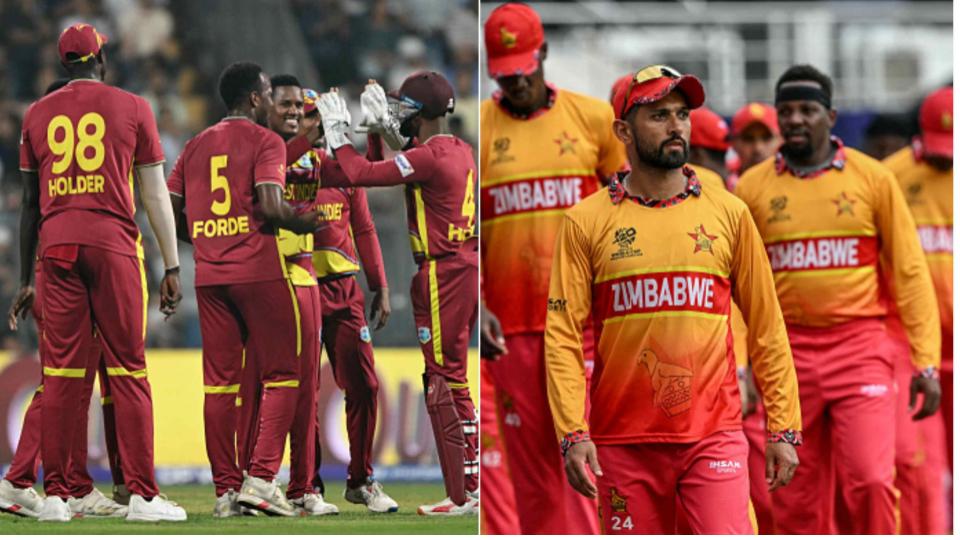




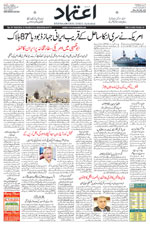


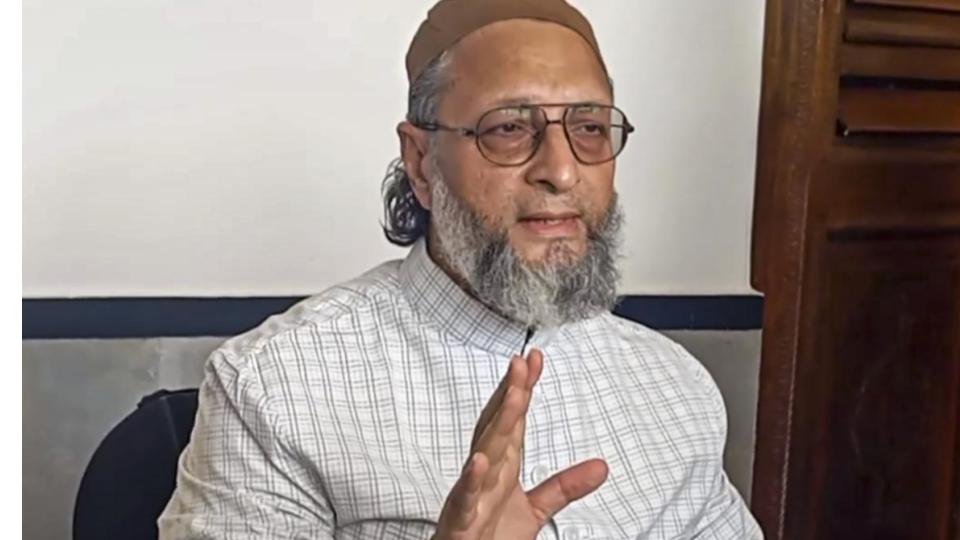
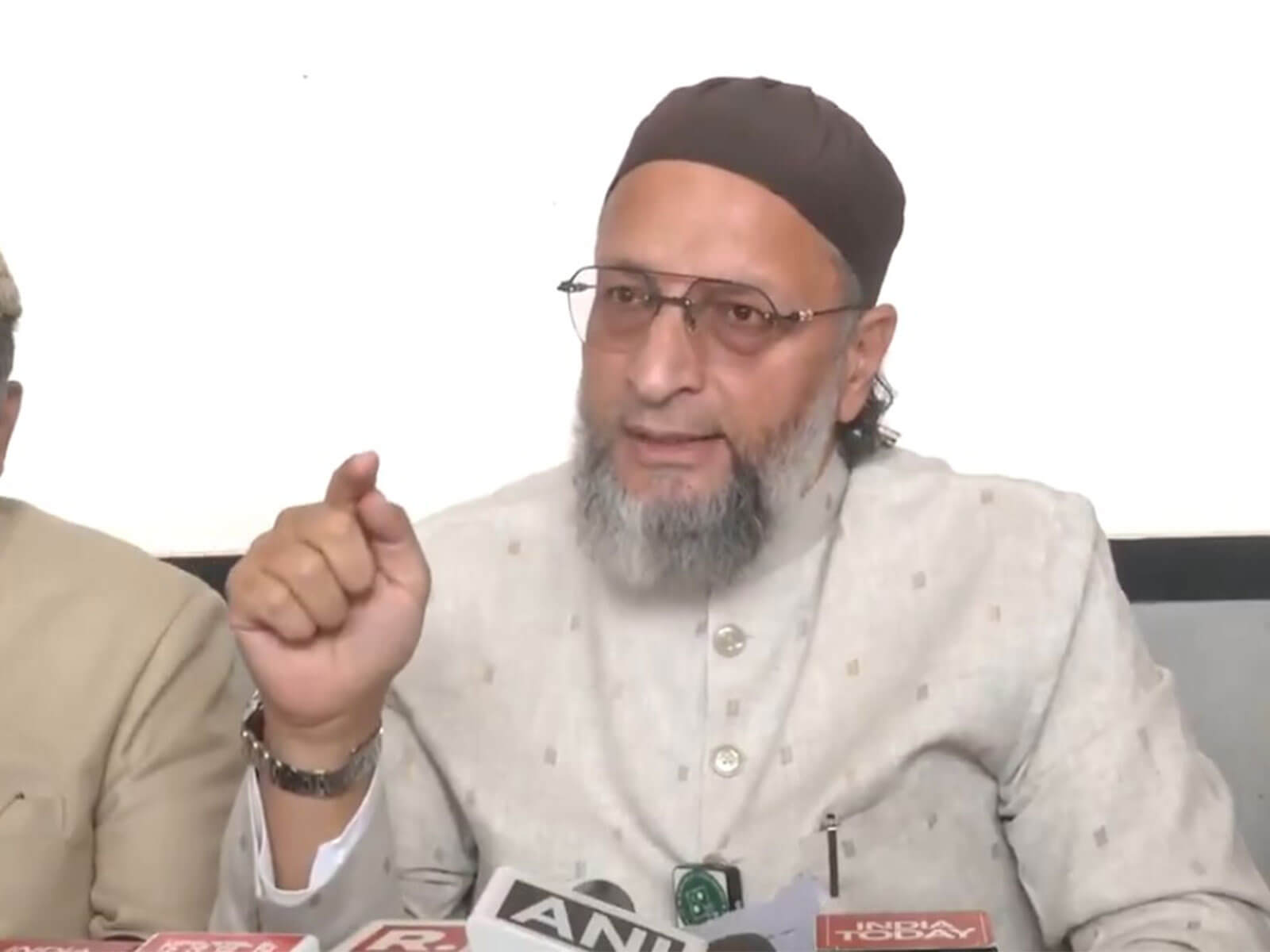






.jpg)
.jpg)
.jpg)


